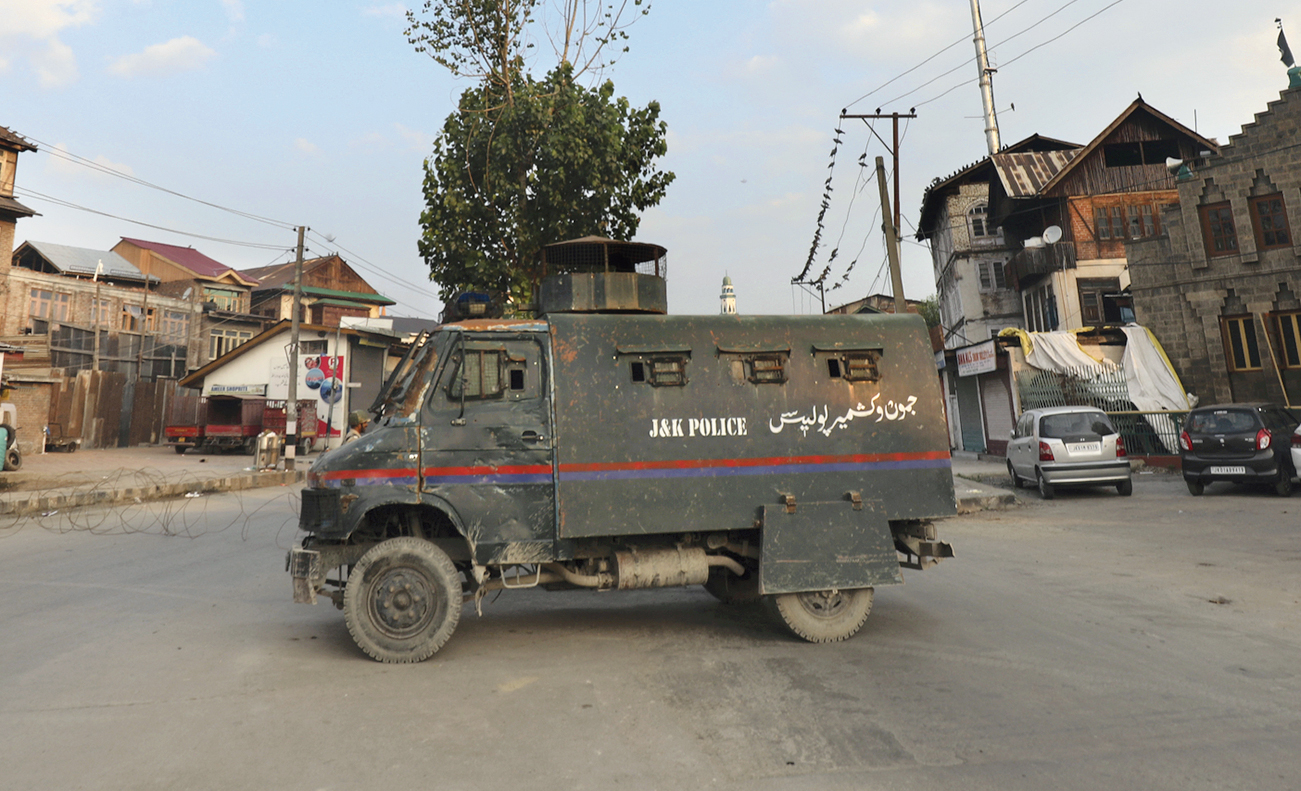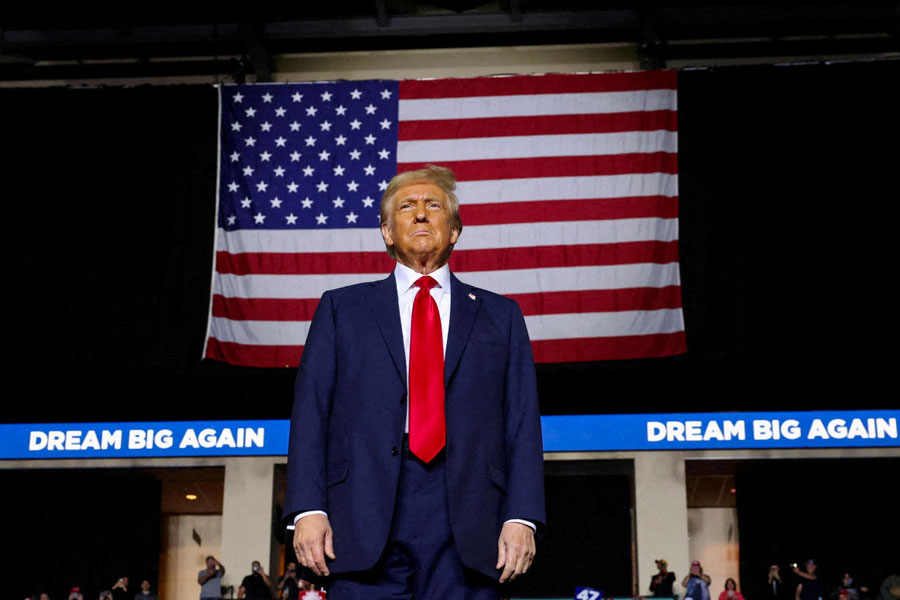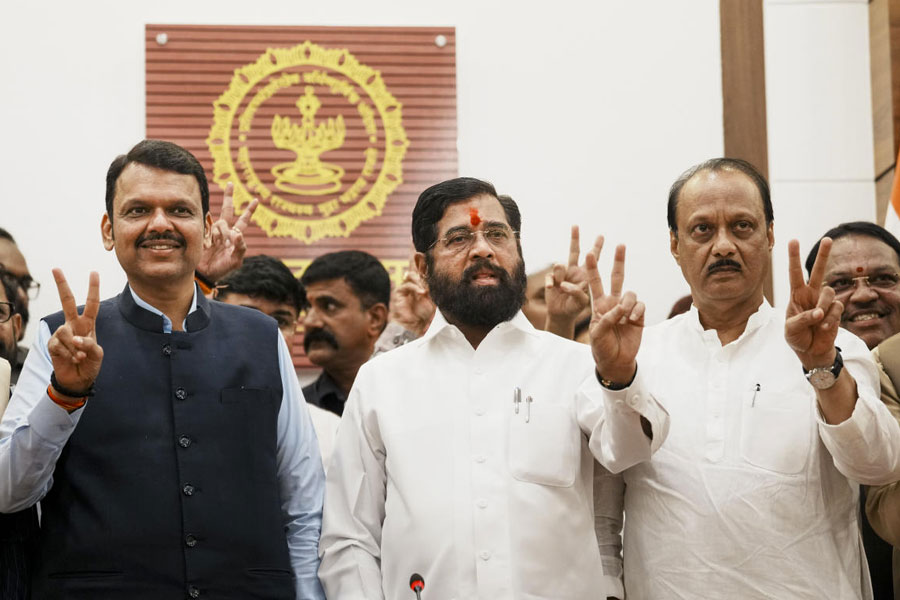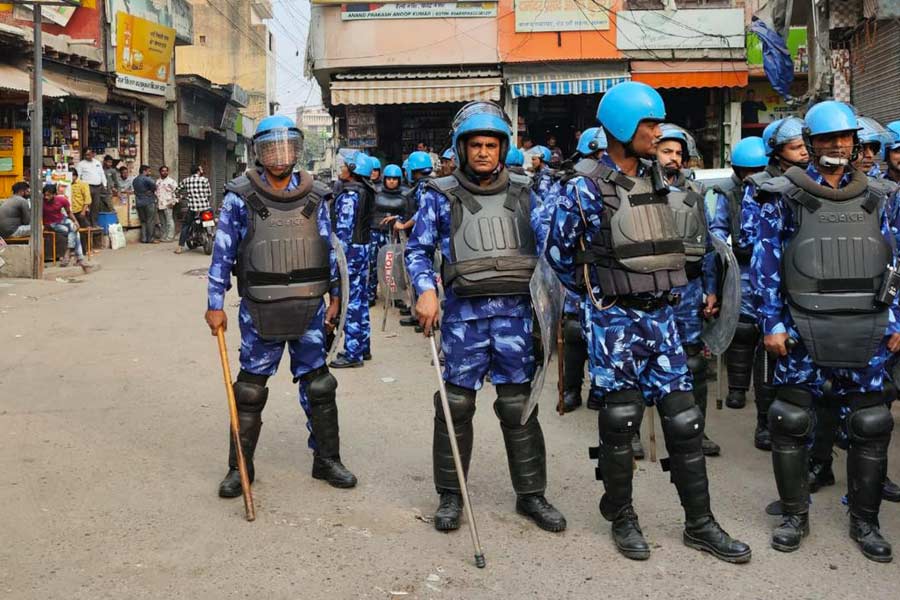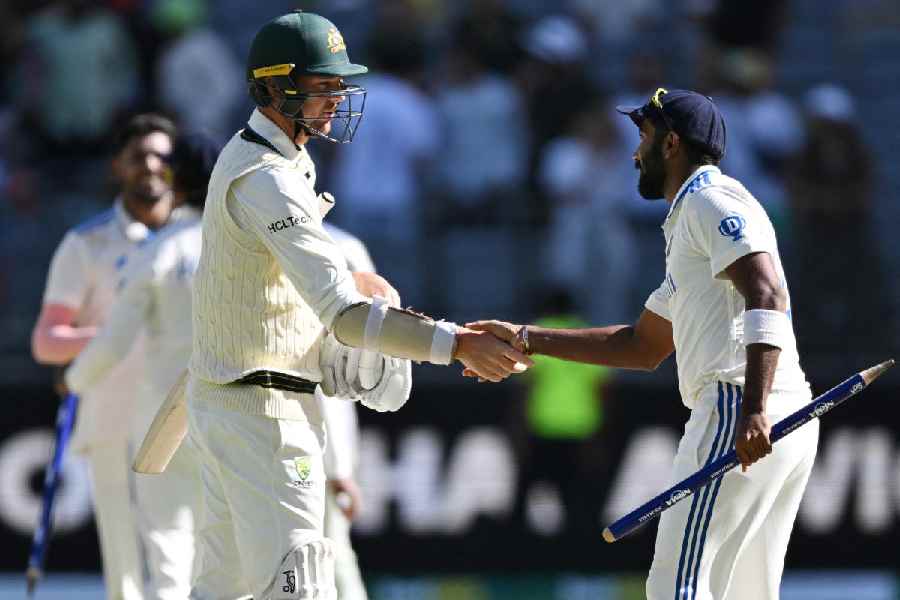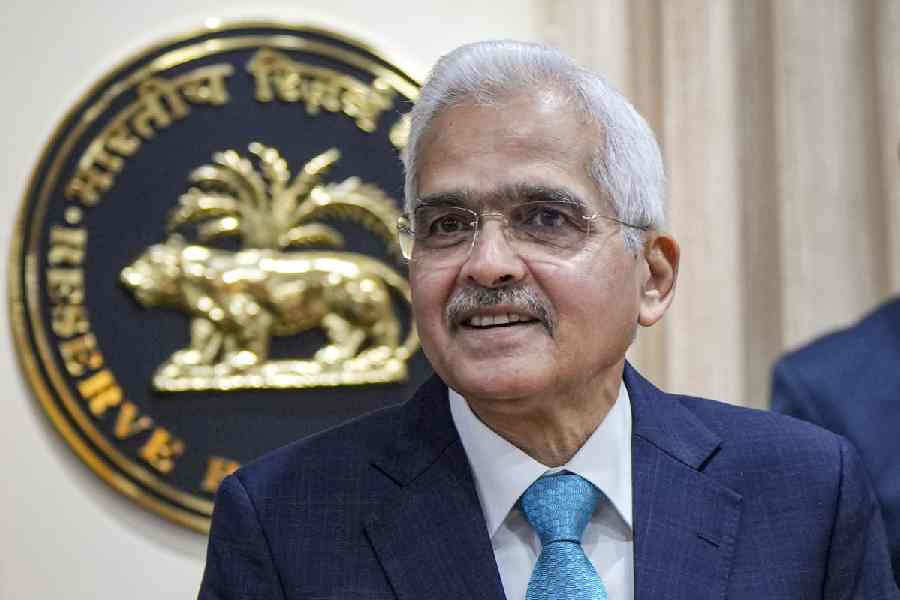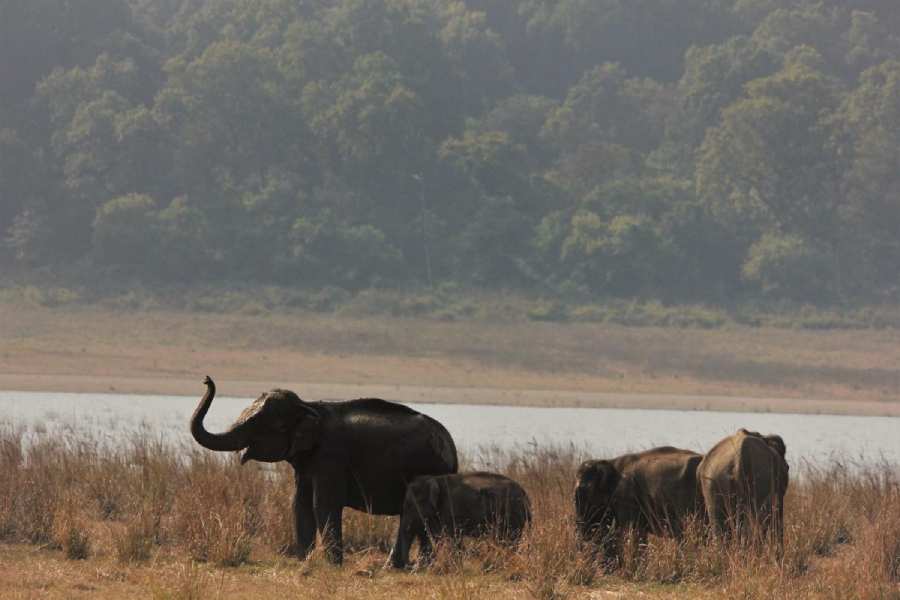Law and order and the overall security of the Valley will now be under the direct control of Amit Shah’s home ministry, with Jammu and Kashmir losing not just its special status but its statehood itself.
“As Jammu and Kashmir will become a Union Territory (like Ladakh will too), it will be subject to much more power being wielded by New Delhi,” a Union home ministry official said.
“If the bill (to bifurcate Jammu and Kashmir into two Union Territories) is passed in Parliament, which it most likely will, the Centre will call the shots in the region.”
The official said that Delhi, a Union territory with a legislature and a lieutenant governor, would be the model for Jammu and Kashmir, which will retain its legislature while Ladakh will be bereft of one.
In Delhi, a perennial power struggle between the Arvind Kejriwal government and the Centre has often snowballed into serious conflict, especially over their respective control over the civil services.
“A similar fate may await Jammu and Kashmir now,” the official said.
He said that Jammu and Kashmir police would now report to the Union home ministry just as Delhi police do. “There will be no interference from local politicians on security matters and in the transfers and postings of police officers,” he said.
Ministry sources said the amendment of Article 370 was a “good” move. “Because of this special status, our security and nationalism were being compromised in Kashmir,” an Intelligence Bureau official said.
“It (the removal of the special status) will now prove to be useful diplomatically while dealing with Pakistan over territorial disputes. Besides, it will give all parties a chance to rule the state and help its development.”
The official said Jammu and Kashmir would now prosper economically and socially, and the social amalgamation would reduce the threat of militancy. It will also open the gates for real estate investments in Jammu and Kashmir from across the country.
“The special status to Jammu and Kashmir under Article 370 was a temporary provision. There is no unconstitutionality in its removal,” he said. “With today’s development, India is now one from Kashmir to Kanyakumari.”
While a presidential order has amended Article 370, the Supreme Court is hearing a petition from a Sangh-backed NGO that has sought the revocation of Article 35A.
The NGO’s grouse is that Article 35A, which gives residents of Jammu and Kashmir exclusive rights over land and government jobs and scholarships, was introduced through a presidential order without Parliament’s approval in 1954.

